The future of electric cars Sales of electric vehicles jumped by 37 percent in the United Kingdom in 2016, while analysts say that globally, electric cars will make up at least half of all new-vehicle sales by 2040.
Major automakers in the United States and abroad are now scrambling to keep pace with the competition and are announcing their electrification plans. Companies like BMW, Audi, Volkswagen, and Volvo are developing new electric vehicle technologies and ramping up their electric car offerings.
It's the way forward, says Simon Mui, who directs the California Vehicles and Fuels, Energy, and Transportation Program at the nonprofit National Resource Defense Council. Over the next decade, electric vehicles will come to cost roughly the same as conventional gas-engine cars as battery prices continue to drop and the technology gets fine-tuned.
"The technology is hitting a tipping point, just as wind and solar has done," says Mui.
While a handful of notable upcoming releases will help bring electric vehicles further into the mainstream, it's also important to look to the past. A half-dozen models emerged over the past couple decades that have proven crucial for shaping the industry and the road forward for electric cars.
Future electric vehicle game-changers have studied these models and are using their lessons learned to make electric cars widely adopted and less expensive.
General Motors EV1
General Motors' EV1 was the first serious effort by a major automaker to produce an electric vehicle.
It was sleek and emissions-free and had a range of 70 to 90 miles on a full charge. That range might sound pitiful now—some vehicles today get 200 to 300 miles—but it was groundbreaking at the time.

GM leased approximately 1,100 EV1 vehicles in the late 1990s but destroyed the bulk of them when the leases ran out. The company blamed high production costs and a small consumer base as reasons for demolishing the car.
Others argued that the failure of the EV1 was due to its limited range and the introduction of gas-electric hybrids, like the Toyota Prius, which allowed for hundreds of miles of added range.
Yet the EV1 developed a devoted following, and enthusiasts even held a funeral for the car at the Hollywood Forever Cemetery in Los Angeles, where they drove their EV1s one last time.
The EV1 jump-started the electric car market and tapped into a highly passionate audience of early adopters and environmentalists. It pointed to what was possible in an electric car and paved the way for innovators such as Tesla to push the entire car industry toward electrification.

Nissan Leaf and Chevrolet Volt
The all-electric Nissan Leaf and the plug-in gas-electric Chevrolet Volt both debuted in the United States in 2010, beginning a race between the two pioneering electric vehicles. In terms of volume sold, the Leaf came out on top and has since become the bestselling electric vehicle in history, with more than 250,000 cars sold.
But Chevy charged ahead with the December release of its Bolt, the first mass-market all-electric vehicle, with a price tag of $35,000 before tax breaks and an impressive 238-mile driving range. Sales continue to rise: This July, 1,971 Bolts were sold, a 20 percent increase from the 1,642 sold in June.
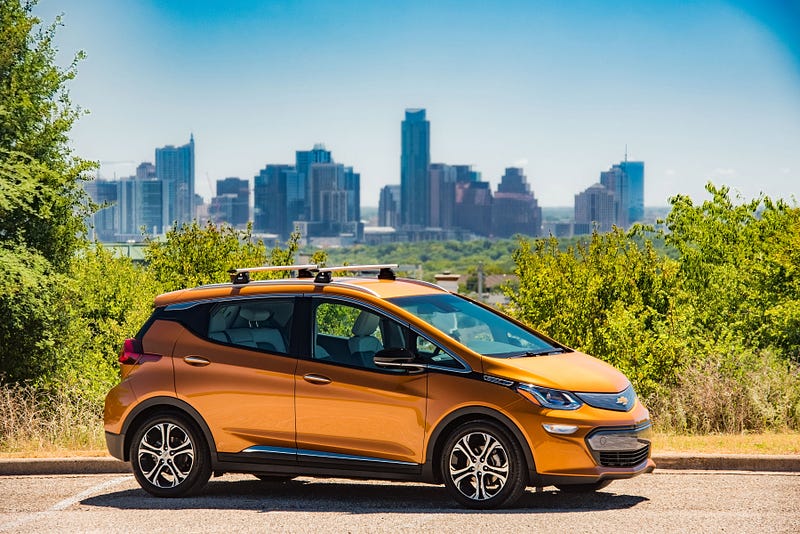
It's a trajectory that's likely to continue: The Bolt was released nationwide this month after being slowly rolled out in various states.
Meanwhile, a new version of the Nissan Leaf, with a rumored range of up to 200 miles, will debut in early September. What Nissan and Chevrolet realized over the years is that battery range is a big concern for wannabe EV drivers and that increasing battery capacity will bring in more customers.

Tesla Roadster, Model S, and Model 3
Tesla has almost certainly done more for the electric car market than any other company, pushing both the science and the economics into uncharted territory.
Tesla CEO Elon Musk has admitted that the early days were chaotic and confusing. At a recent shareholders meeting, Musk admitted that he and his partners had "no idea" what they were doing at the beginning and that their assumptions about the science were "staggeringly dumb."
Google co-founders Larry Page and Sergei Brin put some funding into the Roadster, which was first released in 2008. But the car was still a mess in an early test run, and Musk later admitted that the car was "completely unsafe" and "didn't work."
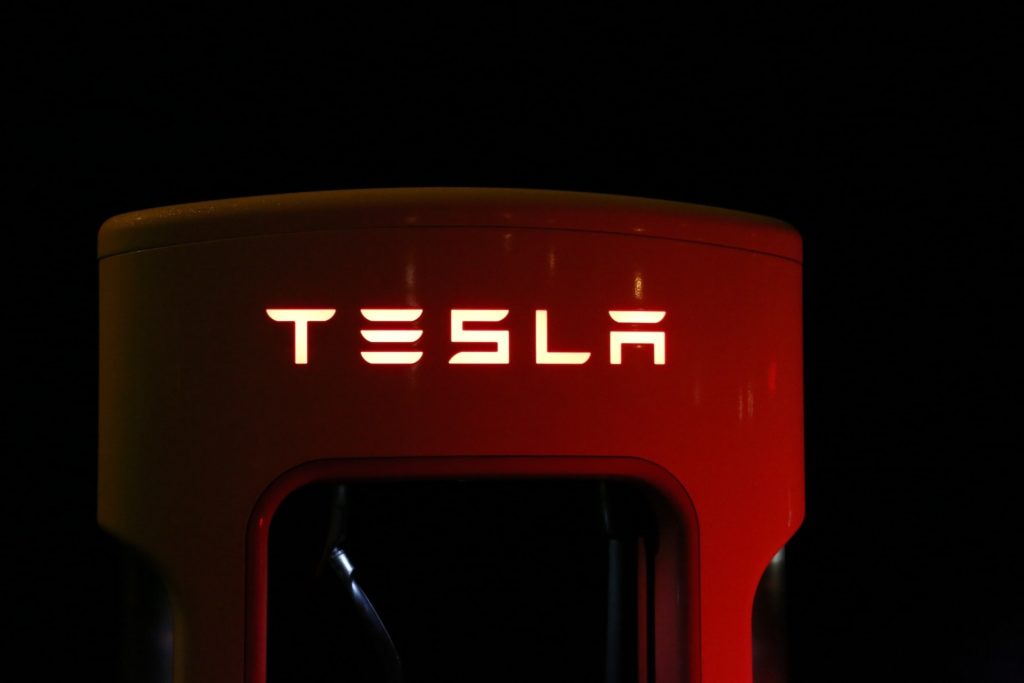
Tesla has since released the Model S?—?the bestselling sedan of 2016?—?and the Model X, an SUV that Musk admitted has some quality problems.
Tesla is once again thinking ahead with the recent release of its Model 3, a more affordable car aimed at the masses. Musk has promised a $35,000 price tag before tax incentives and a 215-mile range. It's the end goal of Musk's vision to bring electric cars to the masses.
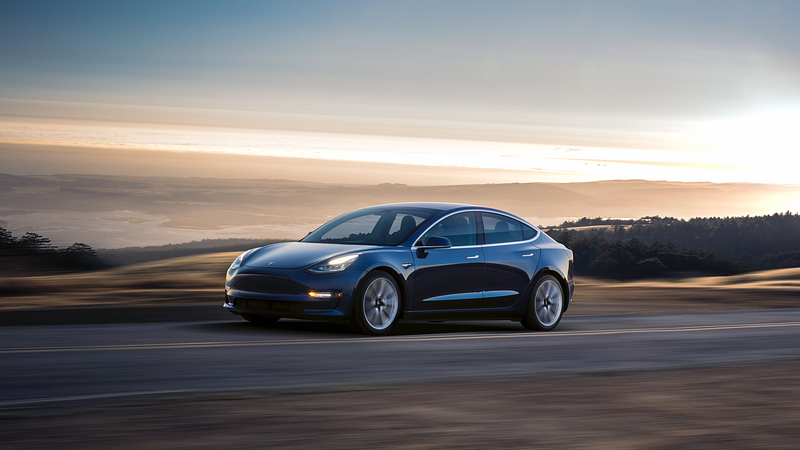
Musk's dedication to doing so has forced major automakers to follow suit.
The success of the company's Model S and X and its valuation of upwards of $50 billion prove that there is a market for electric cars and that they can sell. Musk has also shown that a startup willing to think big and push boundaries can cause the world's biggest car manufacturers to rethink their own strategies and change direction.

The Future of Electric Cars
Electric SUVs
The luxury electric SUV market is about to get more competitive. So far, Tesla's Model X is the only all-electric SUV available, but that will soon change as other luxury automakers vie for a piece of the pie.
They're smart to do so. As we previously reported, Americans want roomier vehicles. SUVs, trucks, and crossovers made up 60 percent of total vehicle sales last year, a jump from 52 percent in 2013.
The I-Pace Concept will be Jaguar's first all-electric vehicle. The UK-based company plans to launch the SUV in late 2018, well ahead of bigger luxury rivals like Porsche and Mercedes-Benz, which are both planning to release all-electric SUVs by 2020.
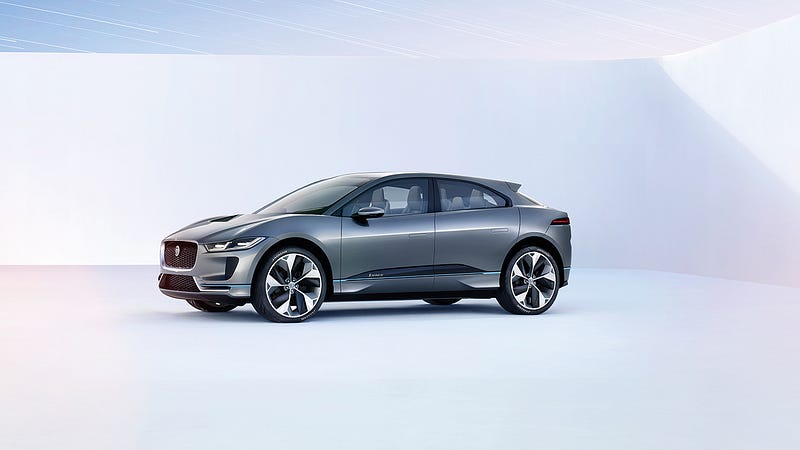
Jaguar expects the I-Pace to have a range of more than 220 miles on a single charge, roughly in the same ballpark as the Model X's range of up to 295 miles.
The price is still uncertain, but Jaguar says the I-Pace will cost 10 to 15 percent more than its gas-powered F-Pace SUV, which starts at around $42,000.
The I-Pace will be jostling shoulders with Audi, which is racing to release its first all-electric SUV, the E-tron Quattro, ahead of the I-Pace in 2018.
Audi says the E-tron Quattro will have a range of roughly 300 miles on a charge.
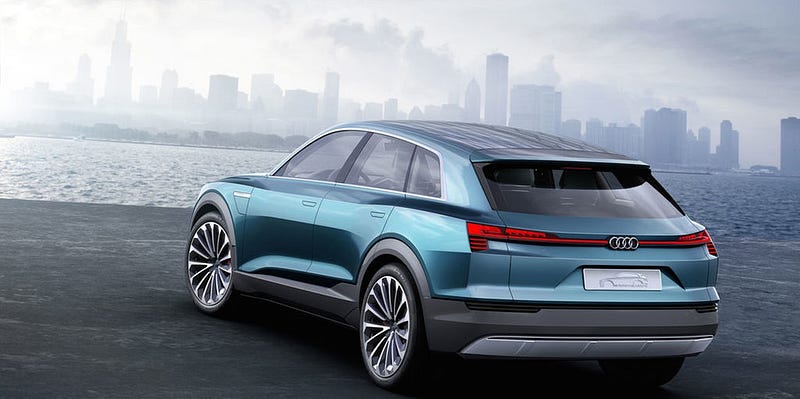
Audi clearly doesn't consider Tesla's Model X a viable competitor. Dietmar Voggenreiter, sales and marketing chief at Audi, said back in February that Audi would be "the first real premium manufacturer doing a premium electric SUV."
The E-tron Quattro is part of Audi's goal that by 2025, a quarter of its U.S. sales will be electric vehicles.
Electric Vehicles Are About to Get More Affordable
If the price tags on luxury electric SUVS make you queasy, you won't feel left out of the game for long. A number of affordable all-electric SUVS and sedans will hit the market in coming years.
As of now, Tesla's Model 3 and the Chevy Bolt are the only long-range all-electric vehicles priced for the masses. Both cost less than $30,000 after tax incentives—although many would consider even this to be beyond the average consumer's price point.
Volvo's first electric car, due for a 2019 release, will have a 250-mile range and cost between $35,000 and $40,000. The Swedish automaker hasn't given more details, but Lex Kerssemakers, CEO of Volvo Cars USA, said that range was a big selling point.
"Why are people reluctant to buy an electric car?" Kerssemakers told reporters earlier this year. "It's that they believe there's not sufficient range."
If it's an affordable SUV you're after, the electric version of Hyundai's Kona could be the car for you. The Kona?—?a small SUV?—?will be released next year with a range of 242 miles and a starting price of $39,000.
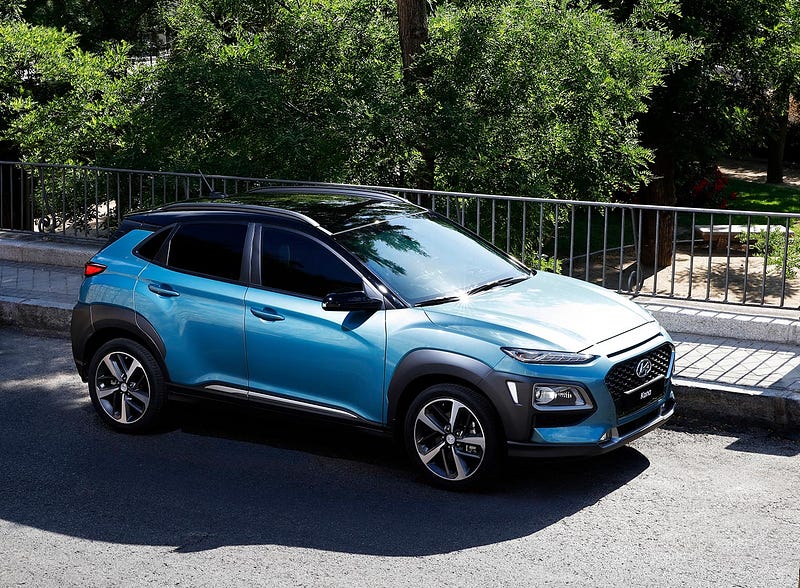
Tesla, meanwhile, plans to release a compact SUV, called the Model Y, by 2020. Musk said last month that the Model Y would share similar components with the Model 3, which would help speed production and make it less expensive.
The price is still unknown, but it will likely cost less than the company's Model X, which starts at $79,500.

There was a time when the EV market was a quirky (and potentially gimmicky) vertical that bolstered a company's green image and gave engineers something fun to work on.
No more. EVs are here, and they're here to stay. And automakers and customers alike are beginning to realize that the future has arrived.552 claps
